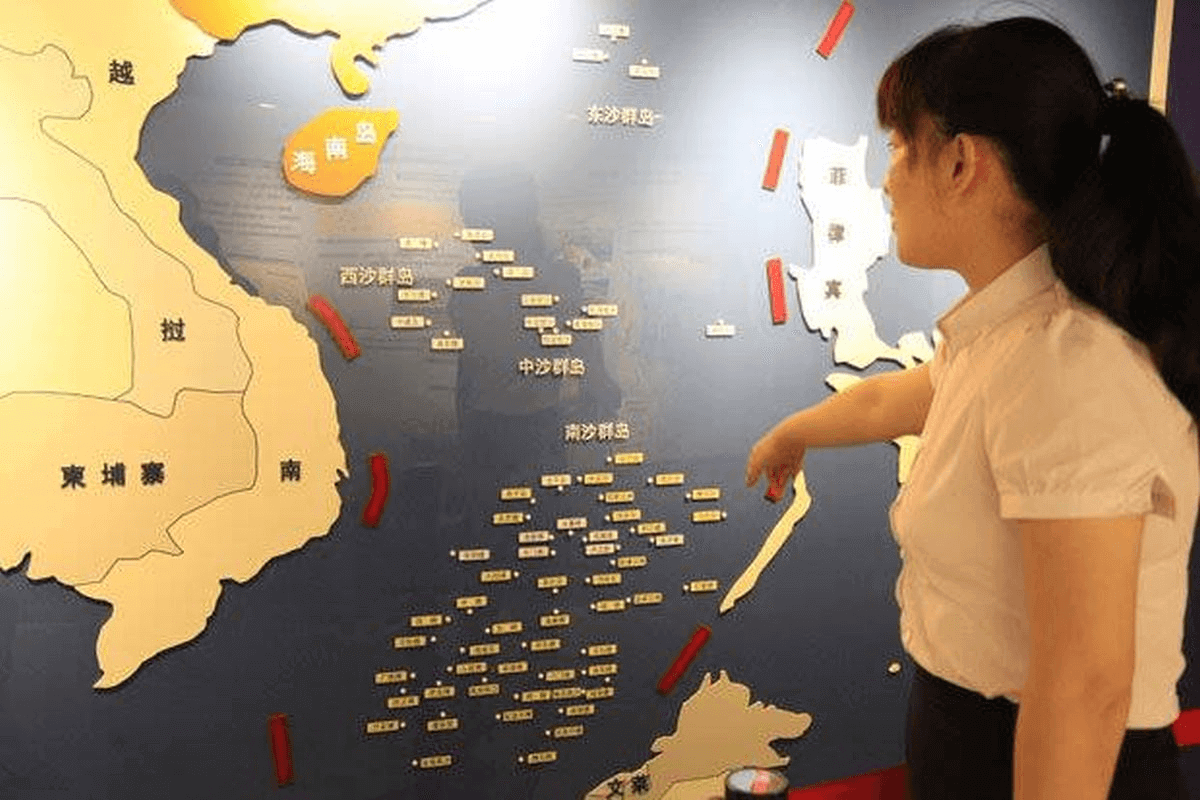On July 12, 2016, the Arbitral Tribunal instituted under Annex VII of the 1982 United Nations Convention on the Law of the Sea (UNCLOS) issued a binding ruling on China’s claims against the Philippines in the South China Sea. On its fifth anniversary on Monday, we look back on the ruling and the events that have transpired since.
The panel ruled that China’s claims of “historic” rights within the nine-dash line, which Beijing uses to outline its claims in the disputed South China Sea, were without legal foundation. It also found that Beijing’s activities, such as illegal fishing and the construction of environmentally harmful artificial islands, within the Philippines’ two-hundred-nautical-mile Exclusive Economic Zone (EEZ) and continental shelf violated Manila’s sovereign rights. At the time, China dismissed the ruling as “nothing more than a piece of waste paper” and has continued its aggressive provocations in the region. In May, Beijing imposed a unilateral fishing ban in the South China Sea, which it claims is aimed at environmental conservation. The Philippines has insisted that the ban doesn’t apply to areas within its jurisdiction.
Before this, the Philippines’ Foreign Affairs Minister, Teodoro Locsin, criticised China for its aggressions in the volatile South China Sea. In response, China’s Foreign Ministry requested the Philippines to observe “basic etiquette” and respect its sovereignty and jurisdiction. The reactions came after reports suggested that approximately 220 Chinese boats were parked near the disputed Whitsun Reef by the Philippines’ coast guard in March. The Reef, known as the Julian Felipe Reef in the Philippines, lies within Manila’s 200-mile Exclusive Economic Zone and witnessed escalated tensions after 183 ships remained parked in the region even as Manila protested against Beijing’s aggression.
In February, the Philippines’ Military Commander, General Cirilito Sobejana, said the country would be increasing its naval presence in the South China Sea in response to China passing a controversial law that gives its coastguard the power to attack foreign vessels and demolish structures built in disputed waters. Moreover, international powers such as Canada and Australia have filed petitions with the United Nations (UN) describing China’s claims as “inconsistent” with international law. In a statement released on Sunday, the Canadian government said it is “particularly concerned by China’s escalatory and destabilising actions in the East and South China Seas, including off the Philippine coast recently, and the militarisation of disputed features and the use of naval, coast guard, and maritime militia vessels to intimidate and threaten ships of other states.”
China and the Philippines have been at loggerheads, particularly over the ownership of the uninhabited Spratly Islands and the Scarborough Shoal, which are strategically important to both countries. The areas have potentially significant, and largely unexplored, reserves of oil and natural gas. In addition, the region is productive for fishing and among the busiest areas of commercial shipping traffic. China and the Philippines would get an extended continental shelf if their claims were recognised by the other.
Despite the local and international backlash, the aggressions show that China has no inclination to heed the landmark UNCLOS ruling.
EXPLAINER: UNCLOS’ Ruling on the South China Sea
On the fifth anniversary of UNCLOS’ decision on the contentious South China Sea, here’s an explainer of the ruling and what has transpired since.
July 12, 2021

SOURCE: 2016 VCG via GETTY
